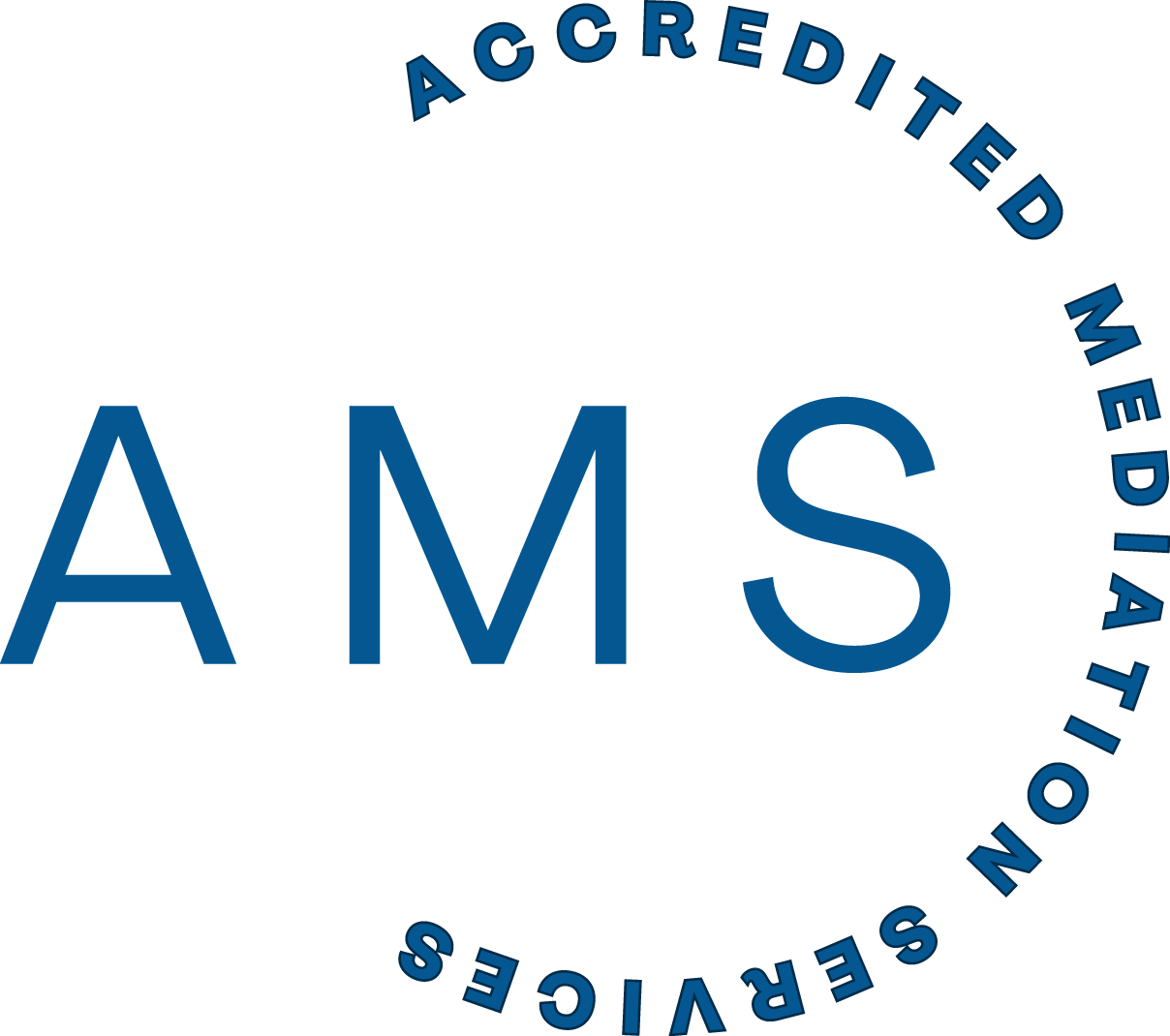Disputes often escalate because of the people and their behaviours, not the problem. The perception of another’s actions and their characteristics can impact on a person’s ability to communicate rationally and objectively. It’s common to hear from parties that the trust has diminished in their association with one another and yet negotiating in “good faith” ultimately relies on trust, honesty and fairness.
So how do parties move through this at mediation when the dispute has escalated and the communication is toxic?
The first step is to be heard. A comprehensive intake session provides an opportunity for a person to air their grievances confidentially to an impartial mediator who will ultimately facilitate the mediation. If conducted effectively, it’s a game changer particularly where the parties are combative.
The purpose of intake sessions are to assess suitability of mediation for the dispute and assist parties unpack the issues from their respective interests (what they are ultimately setting out to achieve). In addition it’s a perfect opportunity for the mediator to role model neutral language and impartially discuss with each of the parties the strategies to prepare for negotiations.
Tip: If there is an agreement to participate in mediation in “good faith”…It’s time to quit the blame game and focus on solving the problem! This means drawing a line in the sand and acknowledging that what has happened in the past has no future, but rather redirect energy to solving the problem with a mutual intent to agree on a win-win outcome.
The second step occurs during several phases of the mediation, but most importantly during opening statements. Prepare to listen to the other participant’s perception of the dispute. It doesn’t mean parties have to agree at this early stage, but it’s important they really hear what is being conveyed during opening statements. This is their opportunity to acknowledge and accept that there is more than just their own interests at stake.
Tip: Sit as deeply into a chair as possible and really feel the back of it, take a deep breath and write down the key points…and listen. There’s no doubt that it’s tempting to interrupt when we hear something we don’t agree with, but it’s crucial at this stage that parties are not interrupted. Freedom to exchange dialogue respectfully is key to rebuilding the trust and is an indicator of “good faith” negotiations. Interruptions can also lead to missed opportunities to hear something that may resonate with one another. Make every moment count! The key is to remain honest, transparently disclose any material facts, be confident to raise concerns objectively and work fairly toward a win-win outcome as a new team, even if it is a parallel partnership for the future.
Step three is the turning point. It’s the power of the apology. It’s great if this can occur early in the mediation, but it has to happen organically. There’s no telling how many matters we at Mediator Hub have witnessed settle and restore relations when the parties genuinely acknowledge the other participant’s interests and takes ownership for how their own conduct may have contributed to the dispute escalating.
If you’re currently in a dispute and you’re concerned that the trust will impact the way in which the parties are likely to negotiate, seek help from a third party and impartial accredited mediator who is experienced in shifting mindsets and re-focusing the parties on the problem, solutions and not the people. Phone 0447 264 352 for a confidential discussion on how to start the process or visit our website at www.mediatorhub.com for more information.
